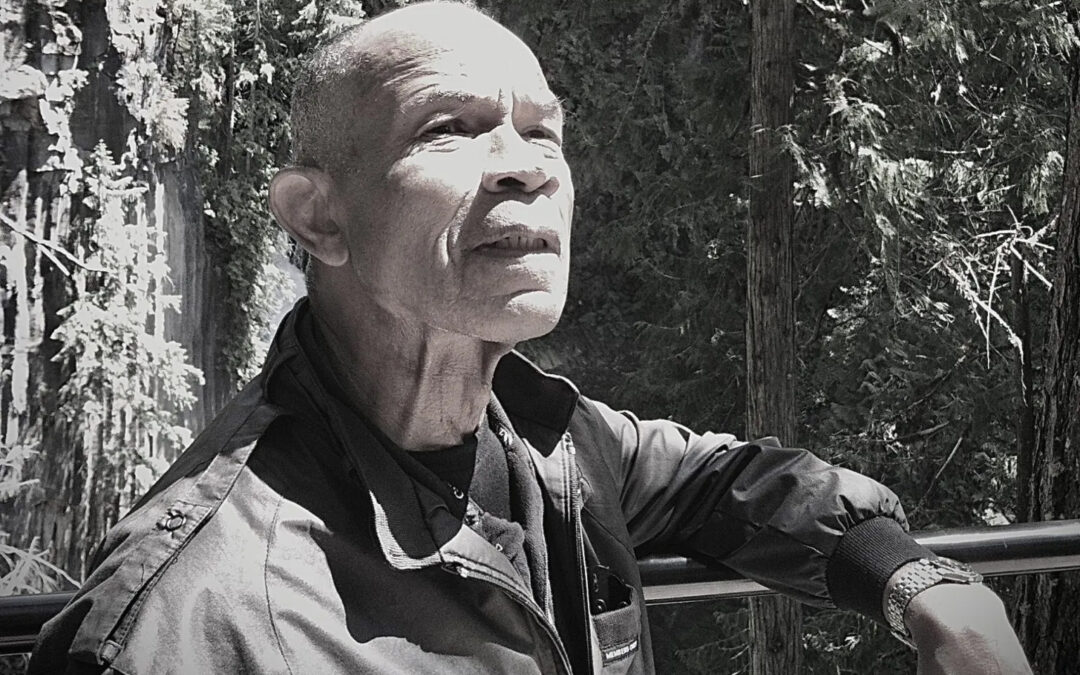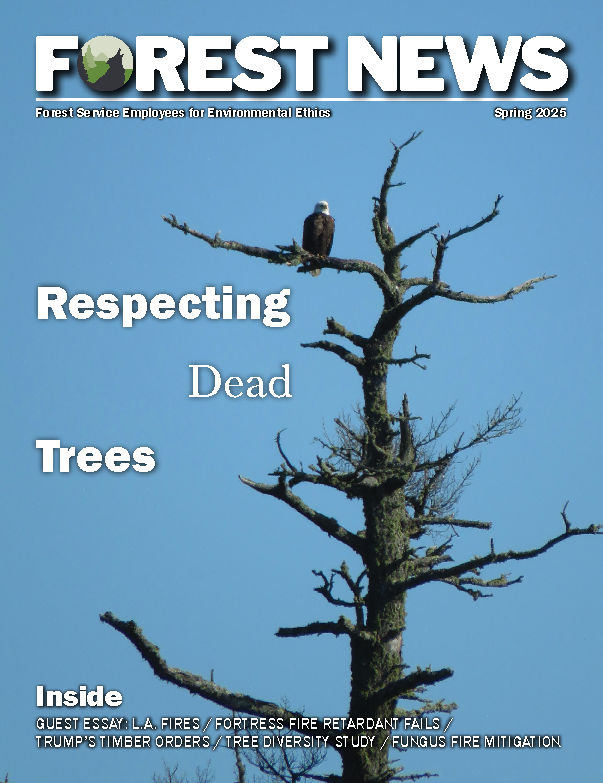Caroll Burns Williams Jr., who died March 1 at the age of 94, was the first African American scientist hired by the Forest Service. He was also the first African American to earn a doctorate in forestry and entomology and one of the first African American faculty members in the fields of environmental science and forestry at both Yale and the University of California – Berkeley.
Born in St. Louis in 1929, Williams often lived with extended family in Leavenworth, Kansas, during the Great Depression, including uncles who served in the Army’s legendary 10th Cavalry Regiment, commonly known as the “Buffalo Soldiers.” Williams’ family eventually moved to Chicago, where he played high school football, ran track, and graduated in the top 10% of his class.
Following his father’s example, Williams attended the University of Michigan. He was initially denied admission to the School of Natural Resources, supposedly based on low grades. When he discovered that a white student — with lower grades — had been accepted, he raised the issue but made no accusation of racism. He was subsequently admitted “with apologies” and played football his freshman year.
When the Korean War broke out, Williams volunteered for the Marine Corps, where he served in one of the first integrated units. In spite of racial challenges, he persevered and was promoted to the rank of staff sergeant. He also fought in the Battle for Outpost Vegas, where, out of more than 300 U.S. troops, he was one of only 11 soldiers able to walk away when reinforcements arrived.
After the war, Williams took advantage of the G.I. Bill to resume his studies at the University of Michigan, where he was elected to student council and became a member of the Society of Le Voyageurs, “dedicated to the enjoyment of the wonder and mystery of nature.” By the time Williams wrapped up his studies at the University of Michigan, he had earned three degrees — a Bachelor of Science in forestry, a Master of Forestry, and a Ph.D. in forestry and entomology.
Williams went to work for the Forest Service after earning his Ph.D., returning to Corvallis, Oregon, where he had done field work during graduate school. His next assignment relocated the family to Richmond, California, and in 1968, the Forest Service assigned Williams to New Haven, Connecticut, to study bark beetles. While in Connecticut, he joined the faculty at Yale University. In 1973, the Forest Service offered Williams the option of transferring to Michigan or California for his next assignment.
He chose California, drawn by his love for redwoods, and California became his permanent home. In 1977, he was elected to the School Board of the Berkeley Unified School District, running on a platform of leadership, cooperation, and “back to basics.” In 1979, he was overwhelmingly elected as the board’s president.
After retiring from the Forest Service, Williams joined the faculty of the University of California at Berkeley. He was a senior lecturer in the Department of Environmental Science, Policy, and Management, where he taught courses in forestry and entomology. He was also a member of the National Science Foundation and a youth counselor for the NAACP.
His early interest in family ancestry led him to discover a cousin who played basketball for the Harlem Globetrotters, an aunt who danced with Josephine Baker, and relatives from the Osage tribe. The tribal connection sparked a passion for studying the connections between Native American and African American history. He also visited and reconnected with a side of the family that lived in Nicodemus, Kansas, established by freed slaves.
Williams’ pioneering work in environmental science helped to dispel the false narrative that African Americans were not interested in the environment. In 2021, the University of Michigan honored his legacy by establishing the Dr. Carroll B. Williams Jr. Fund for Black Excellence.
To help memorialize Williams’ memory and achievements, his family encourages donations to a recently established endowment connected to the Dr. Carroll B. Williams Jr. Fund for Black Excellence.


